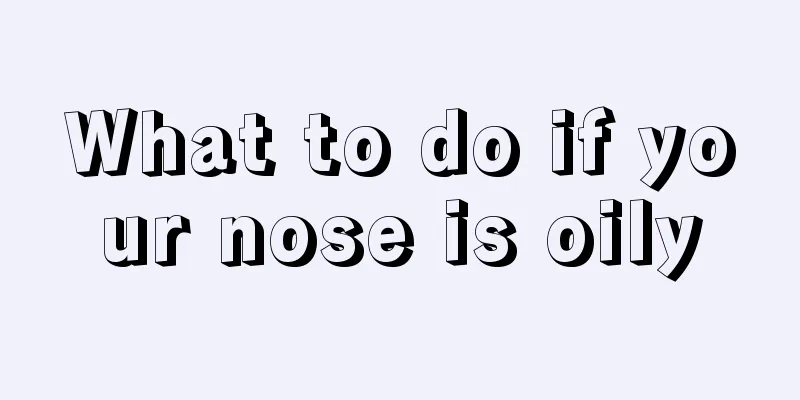Is it painful to do an esophagoscopy?

|
During some abdominal examinations, esophagoscopy is often needed. Esophagoscopy is a tube inserted into the mouth to examine the esophagus to see if there are ulcerated surfaces or many inflammatory diseases. However, esophagoscopy may be painful because it is quite painful. Indications Fiberoptic esophagoscopy is suitable for: 1. Patients with dysphagia or esophageal obstruction. 2. Patients suspected of esophageal cancer by X-ray barium meal examination. 3. Patients with local external pressure on the esophagus found during X-ray barium meal examination. 4. For patients who have undergone radiotherapy or surgical resection for esophageal cancer, if recurrence is suspected, it can be confirmed through microscopic examination. Contraindications 1. People with severe hypertension, heart disease, or cardiopulmonary insufficiency. 2. Aortic aneurysm compresses the esophagus. 3. If the lesion at the entrance of the esophagus has caused obstruction and the endoscope cannot pass through, making observation difficult, consider using a rigid esophagoscopy. 4. Use with caution in patients with esophageal perforation caused by sharp foreign objects or malignant lesions, as fiberoptic microscopy requires inflation with water, which can easily aggravate mediastinal infection. Anesthesia and positioning 1. Anesthesia is mainly local anesthesia. Use 2-3 ml of 1% tetracaine and spray it on the pharyngeal mucosa. Ask the patient to hold the liquid in his mouth and not spit it out. Spray again after an interval of about 3 minutes. The anesthetic effect can be achieved after 3 to 5 times. Finally, swallow the medicine. 2. Position: After anesthesia, the patient lies on his left side with his legs naturally bent and his whole body relaxed. Surgical procedures 1. The operator should first check whether the functions of the fiberscope light source, suction, air blowing, water injection and adjustment knob are normal. Then stand at the patient's head end, facing the patient, and ask the patient to gently bite the dental pad with the hole. The operator holds the operating part of the mirror with his left hand; with his right hand, bend the lens into an arc shape and send it into the mouth through the hole of the dental pad. 2. Adjust the lower knob to straighten the lens, and gently push it downward along the posterior wall of the pharynx, observing as you advance, until you reach the esophageal opening in the hypopharynx, slightly apply pressure to the lens, and when the esophageal opening opens or the patient swallows, the lens can smoothly enter the esophageal cavity. |
<<: The efficacy and function of twister
>>: The efficacy and function of Guanzhong
Recommend
Which liver cancer patients are not suitable for radiotherapy? Radiotherapy is not recommended for these 4 types of liver cancer patients
The typical symptoms and signs of liver cancer ge...
Cost of targeted therapy for ovarian cancer
There are more and more ovarian cancer patients n...
Which hospital is good for rectal cancer
Rectal cancer is an important cancer that endange...
Which foods can help prevent liver cancer? 7 foods can prevent liver cancer
Being busy with work and staying up late to work ...
At what stage does nasopharyngeal carcinoma cause nasal congestion
At what stage does nasopharyngeal carcinoma cause...
What to do if the skin turns red after the scab falls off
When the skin is injured and bleeding occurs, it ...
How to repair a damaged lens?
In life, we can see people wearing myopia glasses...
What are the postoperative care measures for cardiac cancer?
Surgical treatment of cardiac cancer is the first...
Is a brainstem evoked potential of 60 normal?
People often have physical examinations, which sh...
What is the probability of breast cancer
What are the chances of breast cancer? There is n...
What are the symptoms of metastatic gastric cancer
When talking about gastric cancer, people often t...
How to recover from flashes in eyes?
Flashes in the eyes are an eye disease. Normally,...
Yellow teeth indicate something is wrong with your body
Many people still feel that their teeth are very ...
What to do if dandruff can’t be washed off
I believe that many people have discovered why we...
How long can you live with bone cancer and pain all over your body
How long can you survive with malignant bone canc...









